Overextended Occupations
Junior Kailey Pallares sets down her hat to get back to writing stories in her newspaper class.
Junior Skye Hayden is just entering her room as she suddenly remembers, Wait? Am I scheduled to work tonight? This dilemma is commonplace among students who have an occupation outside of school. They often arrive home exhausted, just to throw on their uniform and head out for multiple more hours of grueling work. For many, It can generate intense anxiety, and an immense amount of stress. Creating a balance between work and freetime becomes even more difficult, as students not only have to manage school, but work and extracurriculars too. Does this added stress come with benefits? Does it worsen the average student’s high school experience? These questions swirl throughout the minds of students as they begin to weigh if a job outside of school is right for them.
Working outside of school requires dedication, and takes away time that students could otherwise spend on studying and schoolwork. Students often resort to atypical methods of completing their work, and sometimes even sacrifice a healthy sleep schedule to ensure that everything is completed.
“Sometimes I have missing or incomplete assignments and a lot of the time I don’t have any time to study. My teachers are pretty understanding if assignments aren’t my best work. Sometimes if I work a late closing shift, I’ll have to sleep in class, or during my down time,” Hayden said.
This extra time spent at work adds strain towards the other aspects of a student’s life. Social interactions can often be put on hold, due to scheduling that conflicts with plans being made with friends.
“I usually don’t have time to hang out with friends on weekends and even school days. It’s super hard to coordinate days off when my friends are also off, and sometimes I’m too exhausted to do anything,” Hayden said.
Junior Jordan Sexton recently made the decision to quit his job at Kohls. This decision was very tough for him to make, but ultimately was the healthiest decision for him.
“Having a job outside of school is not something I would choose if I could help it, but I understand how it can be necessary. If I had a sit down job, I could stomach working after school. But working an 8 hour shift where I need to walk and stand the entire time was exhausting and it makes me really appreciate other people who have no choice but to work,” Sexton said.
Some students may really want to work outside of school, yet find it difficult to handle both school and work simultaneously, considering the intense mental and physical exhaustion both can produce.
“My performance in school struggled when I worked, but mainly it was a mental thing. I am lucky to be taking classes that don’t challenge me, but I wholeheartedly believe that if I chose to take the AP classes I was thinking about, I would have completely fallen behind. I really applaud the students who balance draining work and time consuming classes,” Sexton said.
Ultimately every student’s circumstance can differ. Some aren’t able to just decide if they want to work or not. Being present in a work environment often encourages students to work with others in the most authentic way possible.
“Basic teamwork and delegation skills are really good to have. like at work we have to figure out who is covering which fitting room, which breaks are covered, and basically any other issue where we have to delegate people. Having a job also forces you to deal with people you don’t like and that’s a good opportunity to learn from,” Hayden said.
Your donation will support the student journalists of Francis Howell Central High School. Your contribution will allow us to purchase equipment and cover our annual website hosting costs. FHCToday.com and our subsequent publications are dedicated to the students by the students. We hope you consider donating to allow us to continue our mission of a connected and well-informed student body.




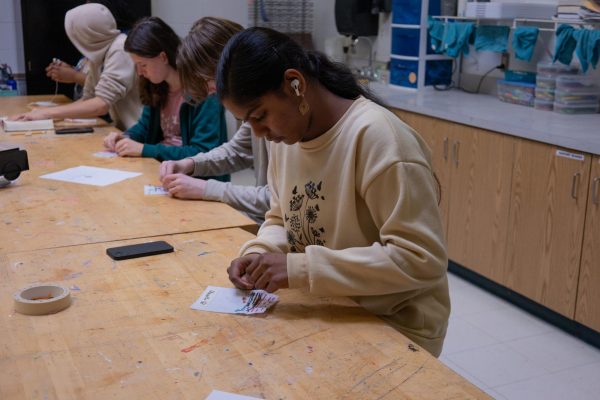
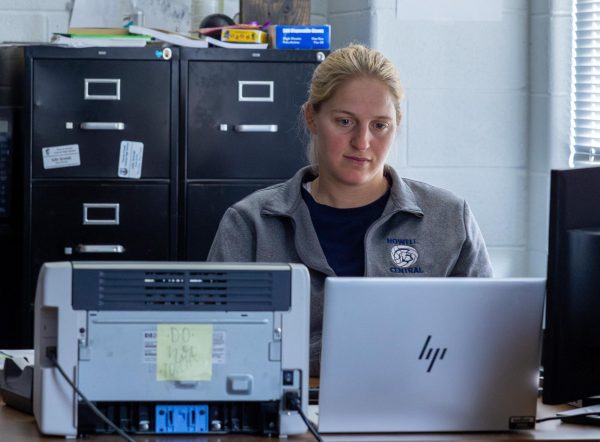
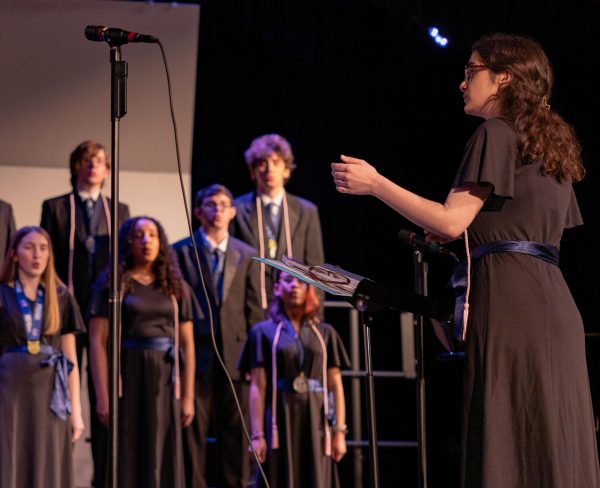
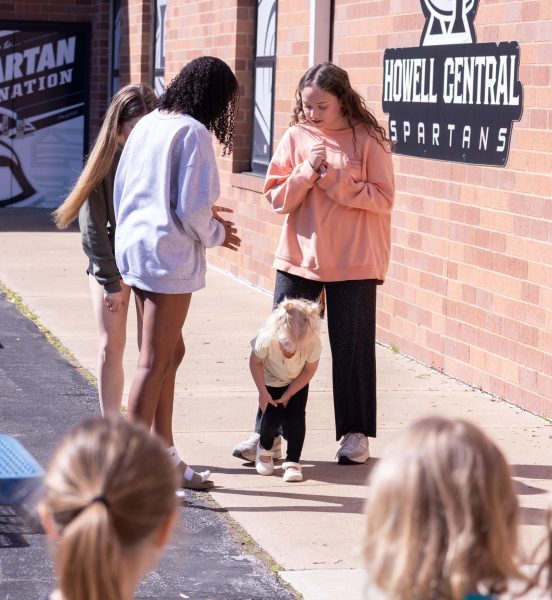

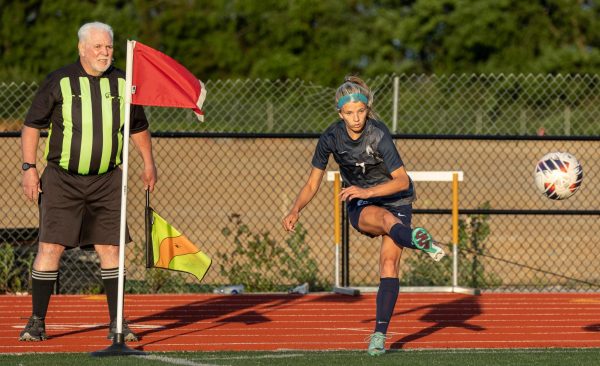
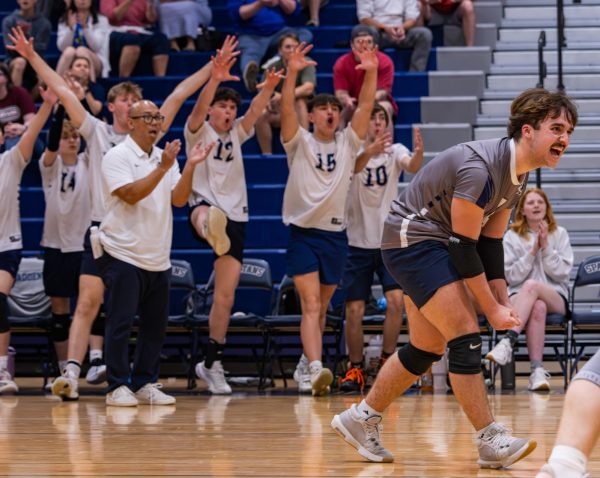
Analiesa Hollowood • Mar 16, 2023 at 9:06 am
Great story!